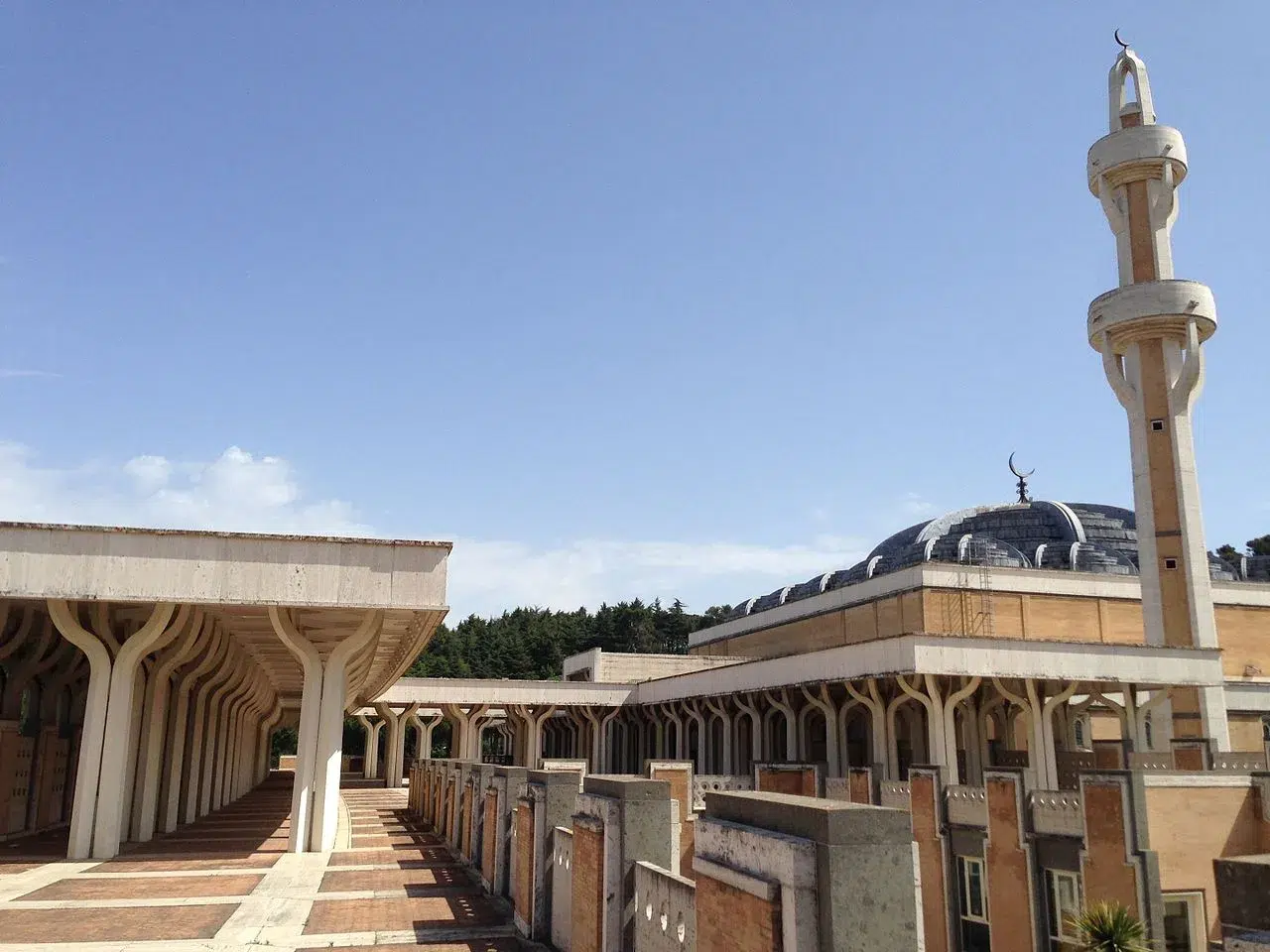IN COSA CONSISTE E COME SI È SVOLTO L’EVENTO MUSULMANO PIÚ IMPORTANTE A ROMA
Tra il 28 giugno ed il 1 luglio migliaia di fedeli musulmani a Roma hanno festeggiato il più importante evento islamico. Le preghiere si sono svolte nella mattina del mercoledì 28 giugno, nella grande moschea di Roma e nei vari centri culturali situati nella capitale.
Cos’è la festa del sacrificio o il “Aid Adha” celebrata dai musulmani? Innanzitutto l’evento avviene, ogni anno, nel dodicesimo mese del calendario lunare islamico, pertanto ogni anno si scala di 11 o 12 giorni la data, secondo il calendario gregoriano; inoltre, data l’importanza dell’evento, esso venne anche denominato “Aid kabir”, ovvero la festa grande.
Secondo la tradizione musulmana, l’Aid Kabir commemora il sacrificio che Dio domandò ad Abramo per dimostrare la fede. Pertanto, il sacrificio di Abramo nei confronti di Ismaele è sostituito dallo sgozzamento di un animale, generalmente un agnello, dopo la preghiera dedicata alla festa.
Inoltre, questo è anche il periodo del pellegrinaggio del Hajj (quinto pilastro dell’islam), quest’anno centinaia di musulmani romani o residenti a Roma sono partiti verso La Mecca e da Medina.
Houssame Adami
Per leggere altri articoli di cronaca CLICCA QUI
- Casa del Cinema: il programma di aprile celebra Orson Welles, Carlo Di Palma e la Liberazione
- Coppa Europa Boulder: il 5 e 6 aprile 2025 arriva a Roma l’arrampicata sportiva
- Aspettando la Juventus: Friedkin torna a Roma? Tra campo, panchina e futuro, i tifosi giallorossi sperano in una scossa
- La Lazio Nuoto maschile in trasferta a Napoli: sfida alla capolista Canottieri alla Scandone
- Appia Jazz Festival: musica, agricoltura e biodiversità nel cuore del Parco dell’Appia Antica



